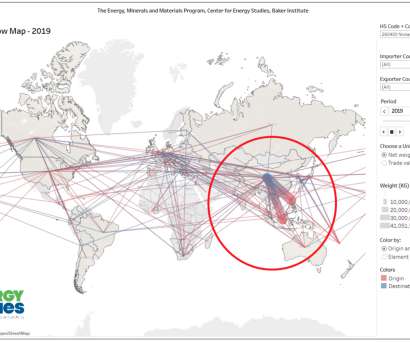Study finds CO2 emissions trading more effective path to automotive CO2 reduction in Europe than tailpipe standards
Green Car Congress
NOVEMBER 11, 2016
They analyzed the impact of the mandates on oil demand, CO 2 emissions, and economic welfare, and compare the results to an emission trading scenario that achieves identical emissions reductions. Emissions trading or a carbon tax is going to achieve their emissions goals at the lowest possible cost to society. —Sergey Paltsev.
















Let's personalize your content